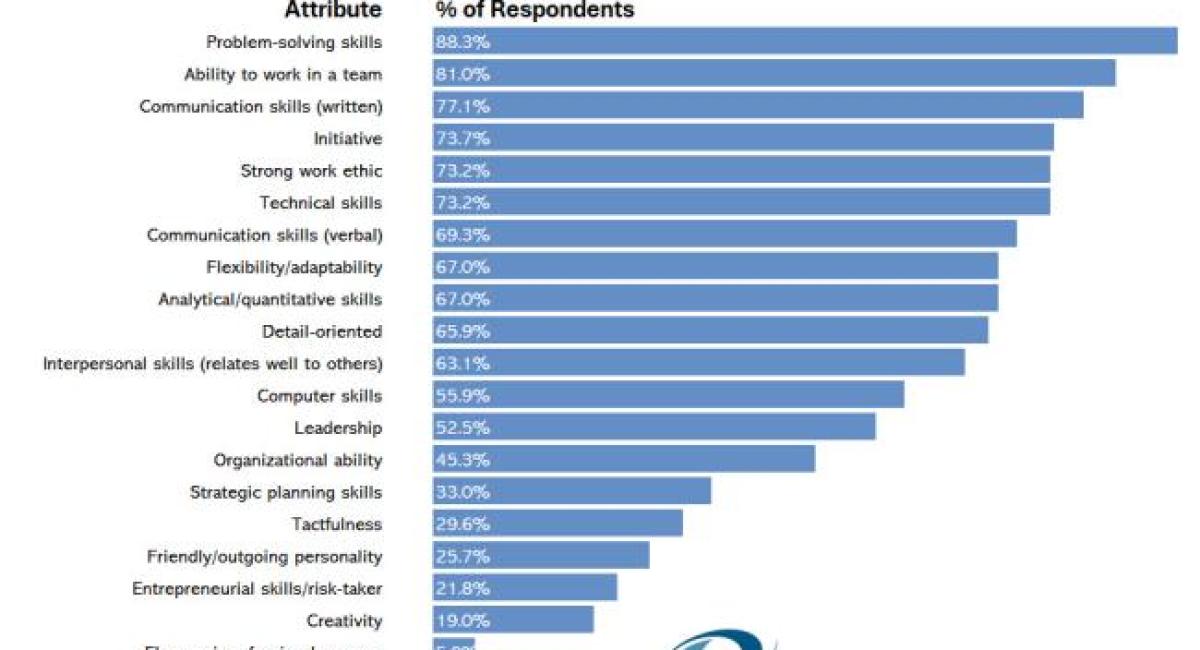The second part of our series about having a family and being a trainee asks the question:
What were the challenges you faced?
Families and Training: Part 2

Families and Science: Can They Mix?
This is the first of a three part series about having a family during the time of your scientific training.
When is the right time to start a family?
Shy???
What does it mean to be “shy” or “introverted”? These words come with negative baggage. U.S. culture values engaging others and taking action. Scientific culture expects us both to work independently - a skill that involves careful reflection on one’s own - and to collaborate easily with colleagues. Introverts in the U.S. may feel underappreciated or even threatened by these expectations of extraverted behavior. Cultural values are often reflected not just in social expectations, but also in our view of what constitutes a mental disorder.

Job Stress, Resilience and Support
Most of us have experienced job stress at times. When you add job stress to the demands of everyday life and the challenges of deciding on a next career step, it can be hard to move forward. We know how important it is for fellows to seek support for these challenges and yet at the same time how difficult it can be to ask for help. Just think about all the stresses associated with starting a new training program; getting acclimated in a new lab, getting settled in a new location (possibly even a new country), and adding personal and family concerns. On the other end of your training new challenges will surface as you look to make your career move.
Industry Abroad: a chat with a UK scientist
The Felcom Job Networking Committee in association with OITE has developed a new series of online chats designed to put you in touch with speakers from around the world to discuss job prospects overseas. The first of these events featured Dr. Meryn Griffiths from the United Kingdom of Great Britain and Northern Ireland (UK). Dr. Griffiths has over nine years of experience in the UK’s biotech industry and currently works as a Principal Scientist for UCB (Union Chimique Belge), a global biopharma company focused on the central nervous system and immunology, with operations in over 40 countries and a 2010 global revenue of 3.2 billion Euro.
Good Mentoring Guidelines
What makes a good mentor? That is a question we’ve been pondering here in the OITE. We see trainees questioning how to find the perfect research mentor, so we created a “how-to” guide to finding a mentor. Check it out here: https://www.training.nih.gov/mentoring_guidelines
Looking for a career direction
We have been featuring a number of “Speakers” in online chats. In September, we heard from David Kosub, a Public Health Analyst, about careers in science/public health policy, and chatted with Philip Mayer, an Assistant Vice President of Pfizer, in October to explore careers in big pharma.

Be Sure Your Online Presence Is an Asset, Not a Liability

 Over the past few years, I have seen my share of ridiculous—and even inappropriate—photos of friends and family members on Facebook. And I have read a few offensive Twitter feeds (Gordon Ramsey’s rants, anyone?) and skimmed through self-important, content-devoid blog posts of acquaintances. And unfortunately, I can't get those minutes back. While social media provides innovative outlets for communication, it also presents potential landmines for uninformed users.
Over the past few years, I have seen my share of ridiculous—and even inappropriate—photos of friends and family members on Facebook. And I have read a few offensive Twitter feeds (Gordon Ramsey’s rants, anyone?) and skimmed through self-important, content-devoid blog posts of acquaintances. And unfortunately, I can't get those minutes back. While social media provides innovative outlets for communication, it also presents potential landmines for uninformed users.
A Day in the Life of...A Science Educator

Returning Home for Work: How to Find Jobs Abroad
Recent news stories have highlighted the drive of several growing, global economies to entice native scientists back to their home countries for work. Some governments, such as China's, are offering incentives, including funding and resources, to scientific workers willing to bring knowledge and training gained abroad back to their home country for work.




